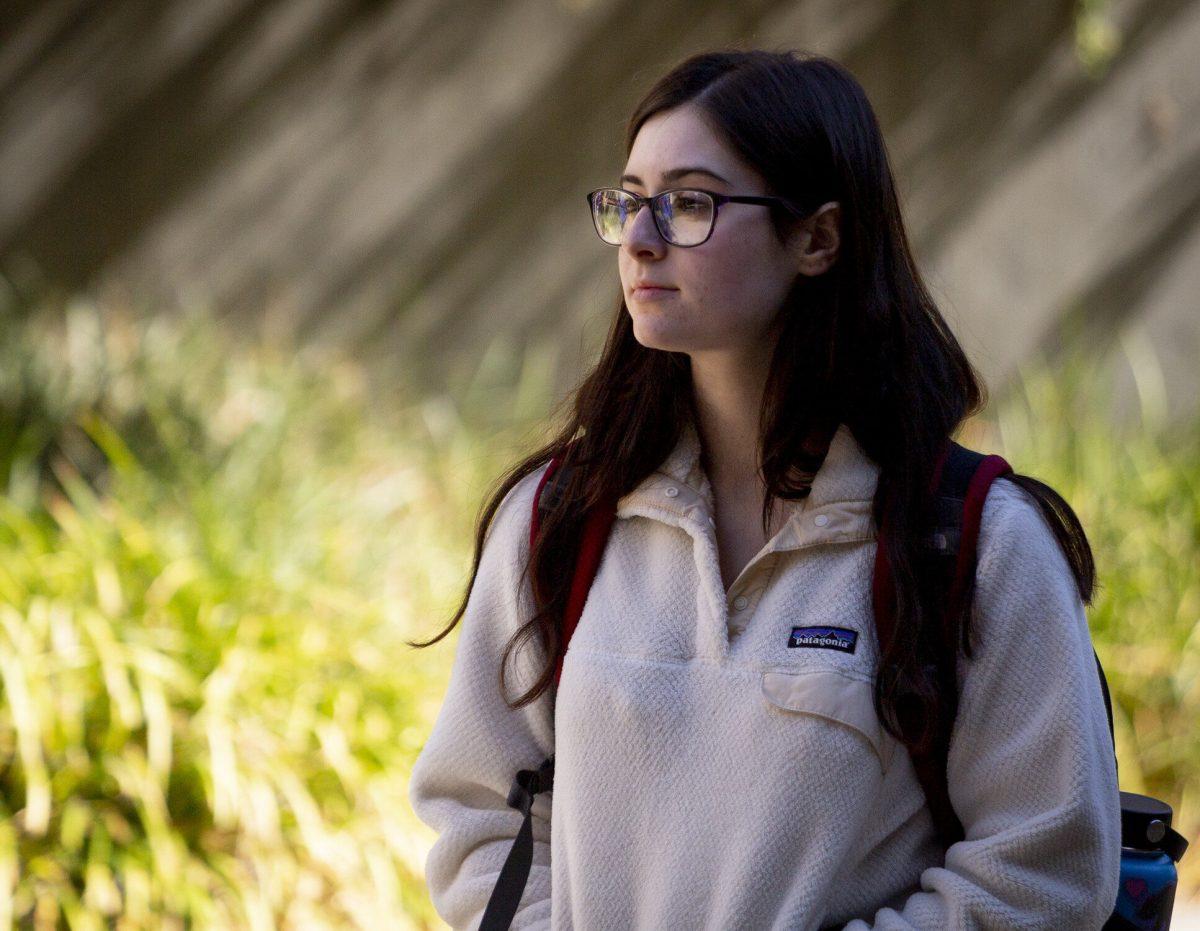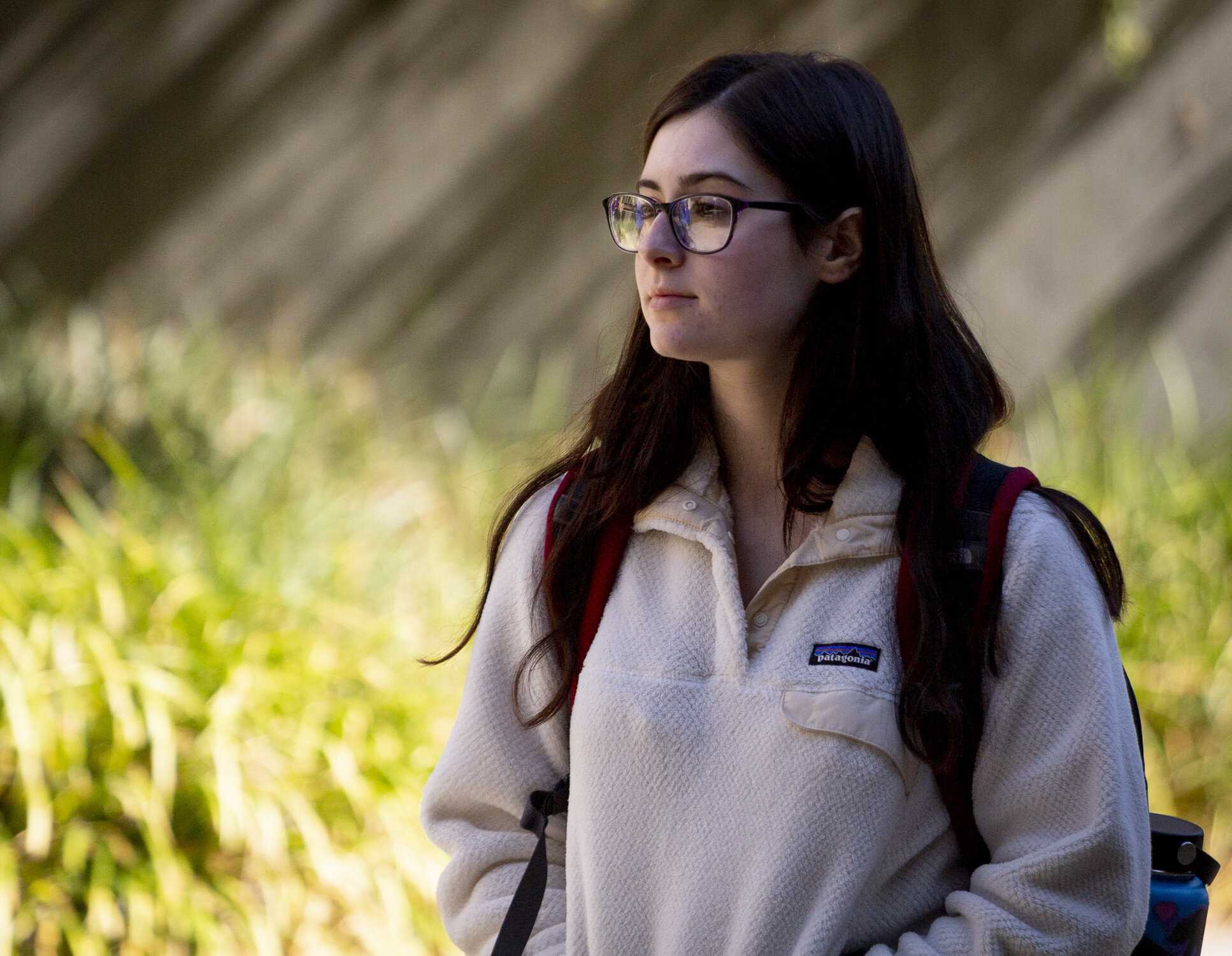Solitude can come hand in hand with depression and anxiety, especially when experiencing a global pandemic. College students across the globe have had their daily routines uprooted and transformed into a constant gaze at their computer screens. A study done by the National Center for Biotechnology Information states “Results showed that moderate or severe depression level was associated with higher time spent on TV watching and use of computers”. Not only is there evidence that suggests a link between screen-time and depression, but there is also confirmation of physical symptoms that can affect a student’s well-being. This, in combination with a heavy school-workload, is a recipe for stress and anxiety.
STAR// GENESIS BOTELLO
Some students feel that their lack of routine has put a damper on a sense of self-discipline. Turns out that setting your alarm extra early, finding a parking spot on time at Sonoma State, and attending in-person classes make for a more well-rounded notion of productivity. McKenzie Thomas, a Sonoma State senior said “In the beginning of the COVID-19 lockdown I was excited to spend time tending to my household duties and reorganizing, but after a while I realized I could only clean out my closet so many times. Since then, my routine has not measured up to the productivity level that I would have imagined for my senior year in college”.
Another important element in a student’s academic career is socialization. Small interactions in classrooms can affect the course of a person’s day and may help those struggling with loneliness to feel less isolated. Many connections are made on campus, whether they be in a classroom setting, in a club or in an extracurricular activity .
Calvin Bartholow, a Santa Rosa Junior College student said “As a student who struggles with mental illness it’s been really hard adapting to the new zoom generation of going to school. One thing that I loved about school was being present in class with my fellow students so that I didn’t feel so alone. During my alone time in lockdown, I realized that I had no other choice but to be alone with my thoughts, which didn’t exactly feel like a blessing at that point in time because it was sudden, and it seemed like the rest of the world was at odds. Even now with businesses still opening up, I spend a lot of time battling emotions as a student who doesn’t get to socialize on campus”. Isolation can reerupt pain or past trauma, especially when there isn’t any certainty in knowing that social distancing will end anytime soon. During this crisis, it’s important that teachers also take their students emotional struggles seriously, and try to work with them.
During Zoom meetings students are still able to meet in “breakout rooms”, but the experience is close to sub-par. Truthfully, many entered breakout rooms have consisted of silence. Remote meetings are awkward, and it’s hard to pay full attention when you see yourself in the corner of the screen being recorded. Hyper awareness typically leads to feeling tense, thus creating a conversation doesn’t flow easily. Hindered conversations also occur due to a delay in Zoom’s speech volume.
Sonoma State University offers Counseling and Psychological Services, as they voice that they are passionate about helping you with your mental health. They provide support through Zoom and phone conferencing, and ask that you never hesitate to call them at (707) 664-2153. During harsh times like these, it is important to reach out to a friend, colleague or further resources.




































